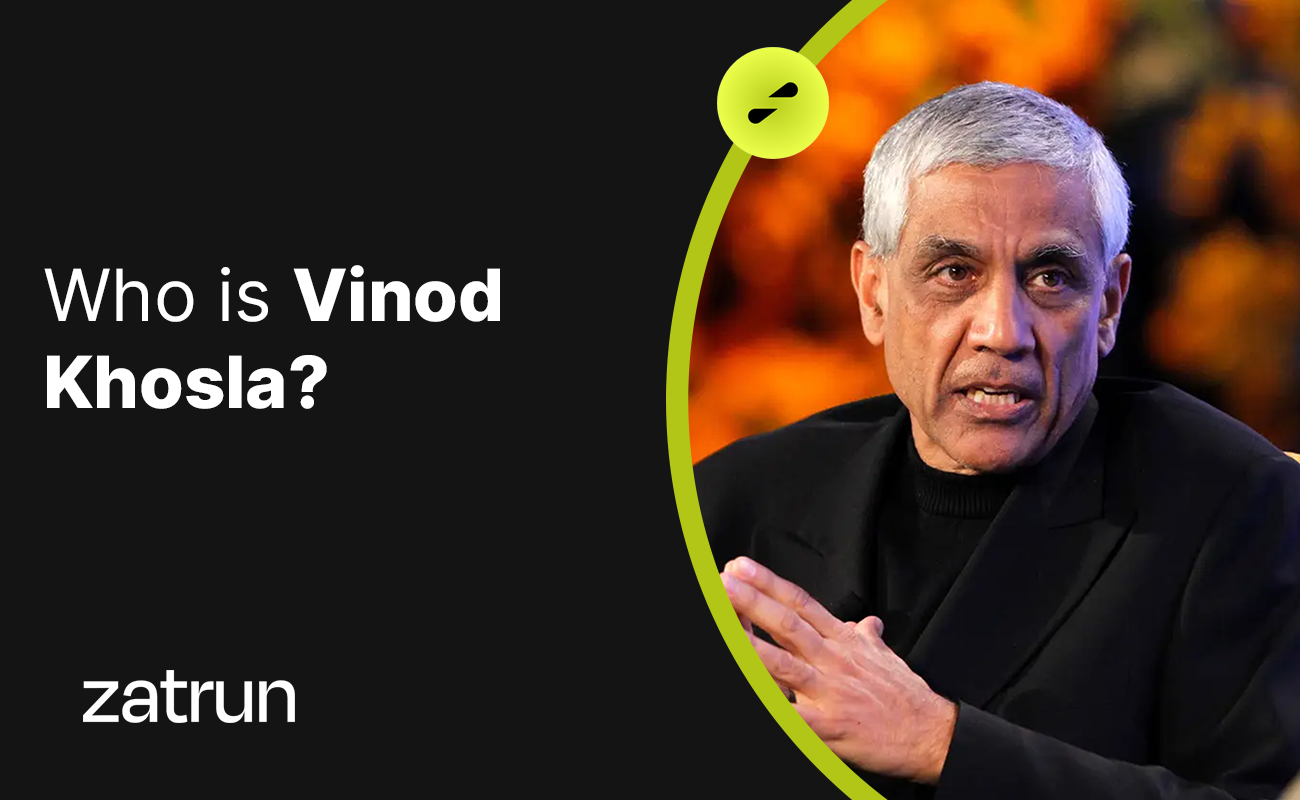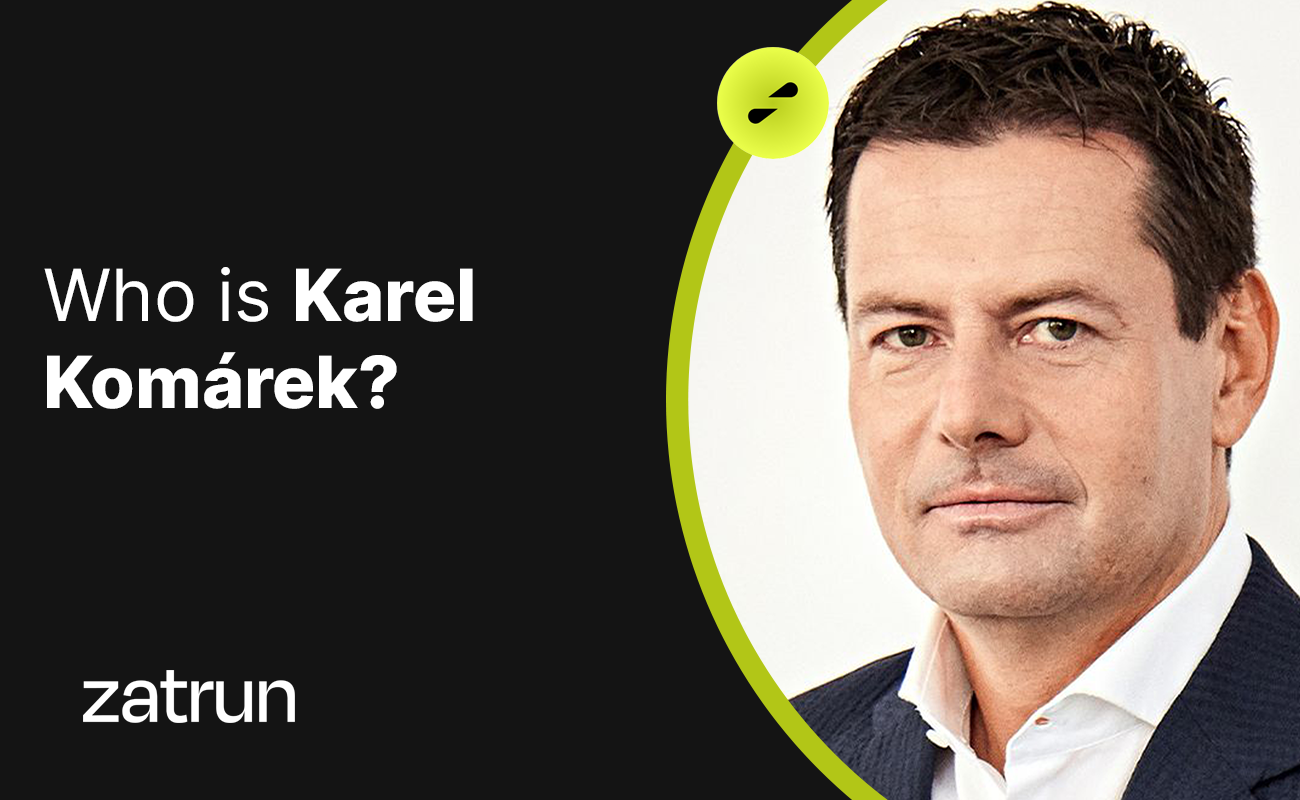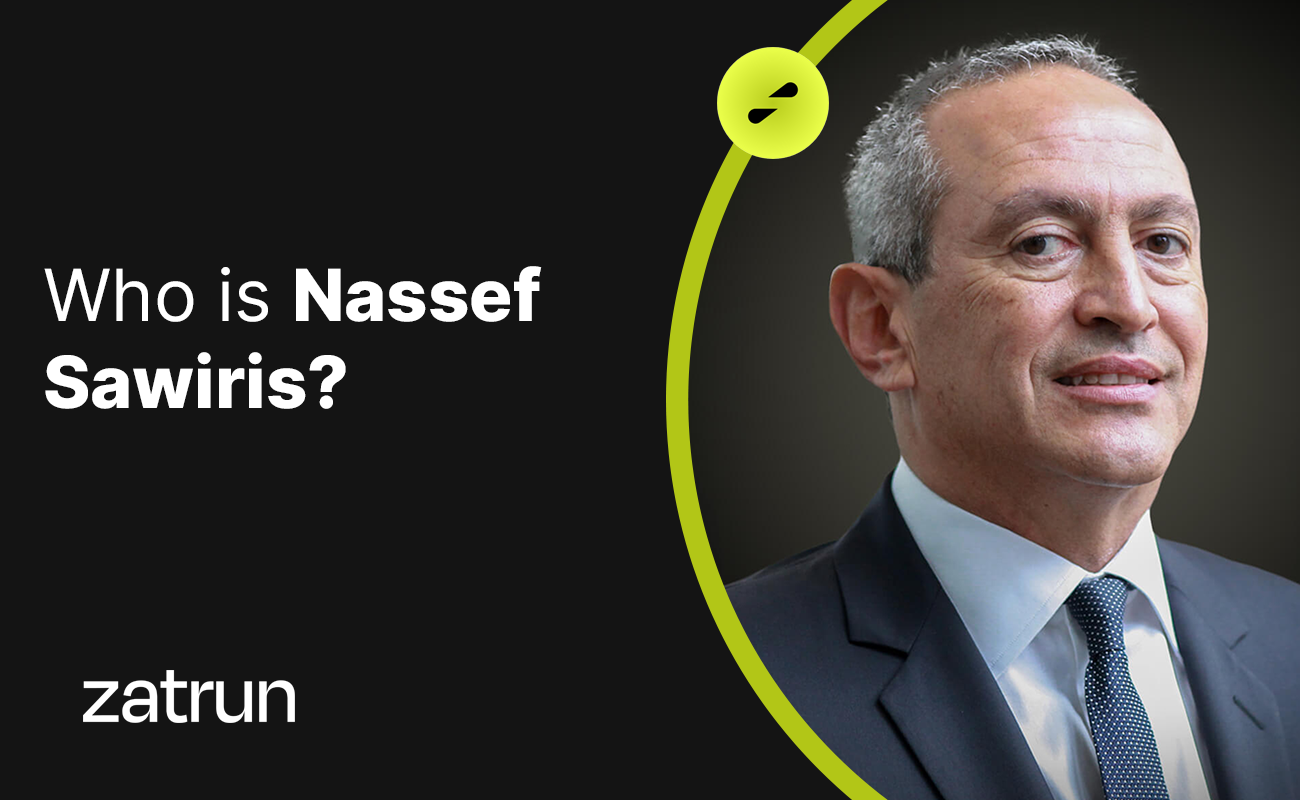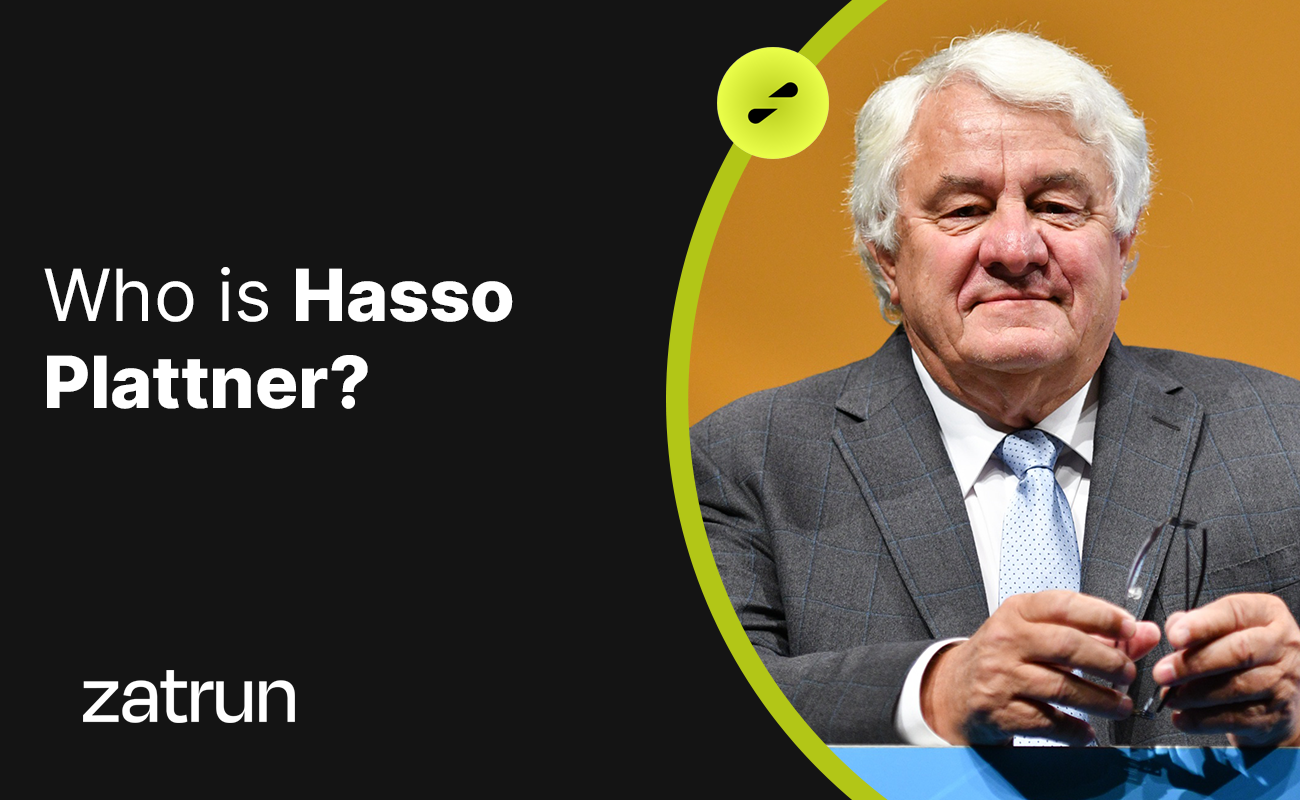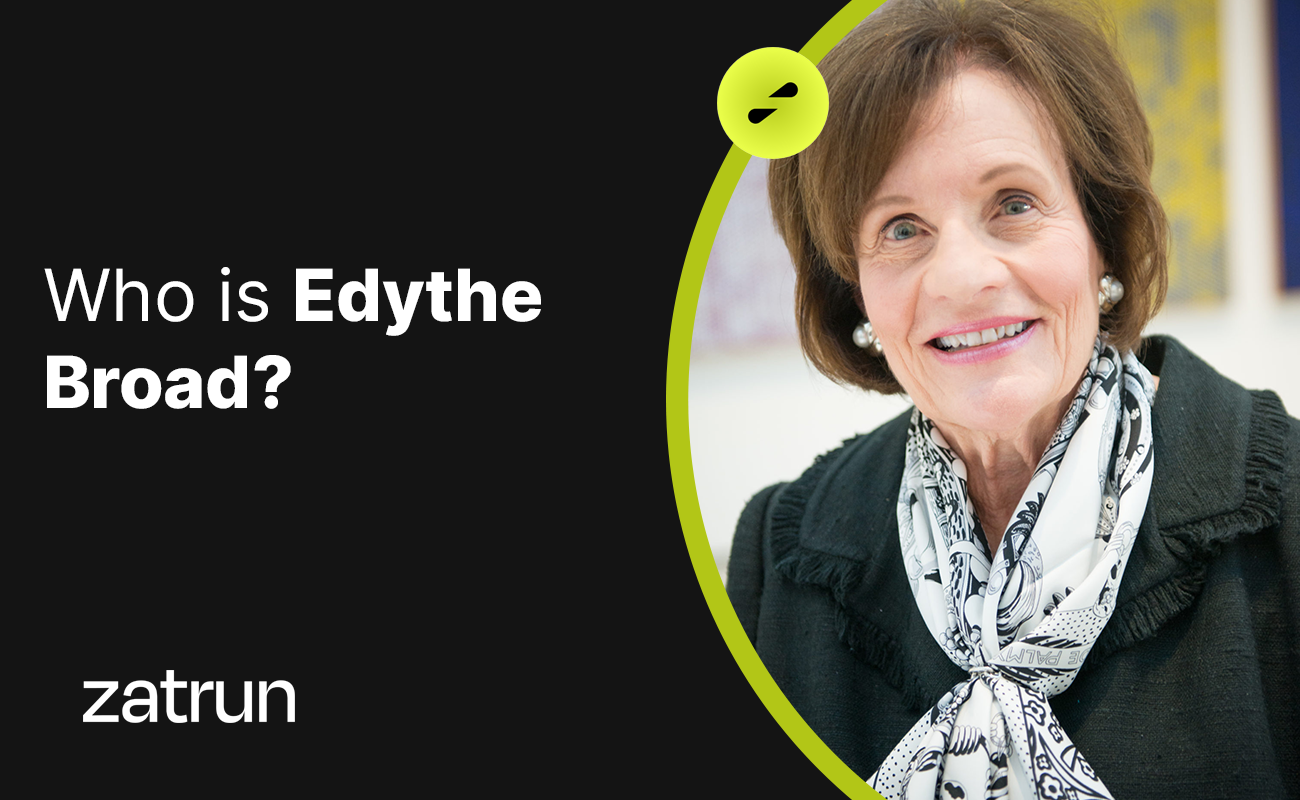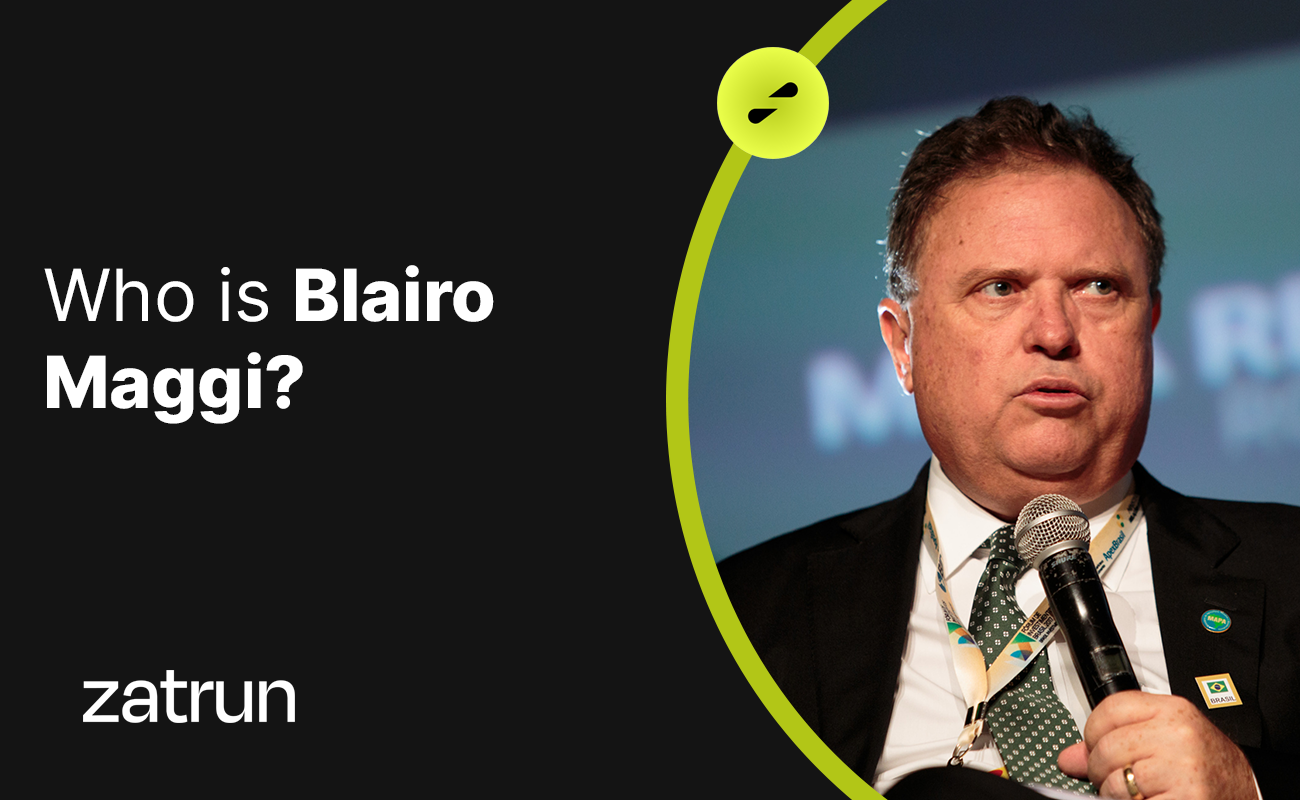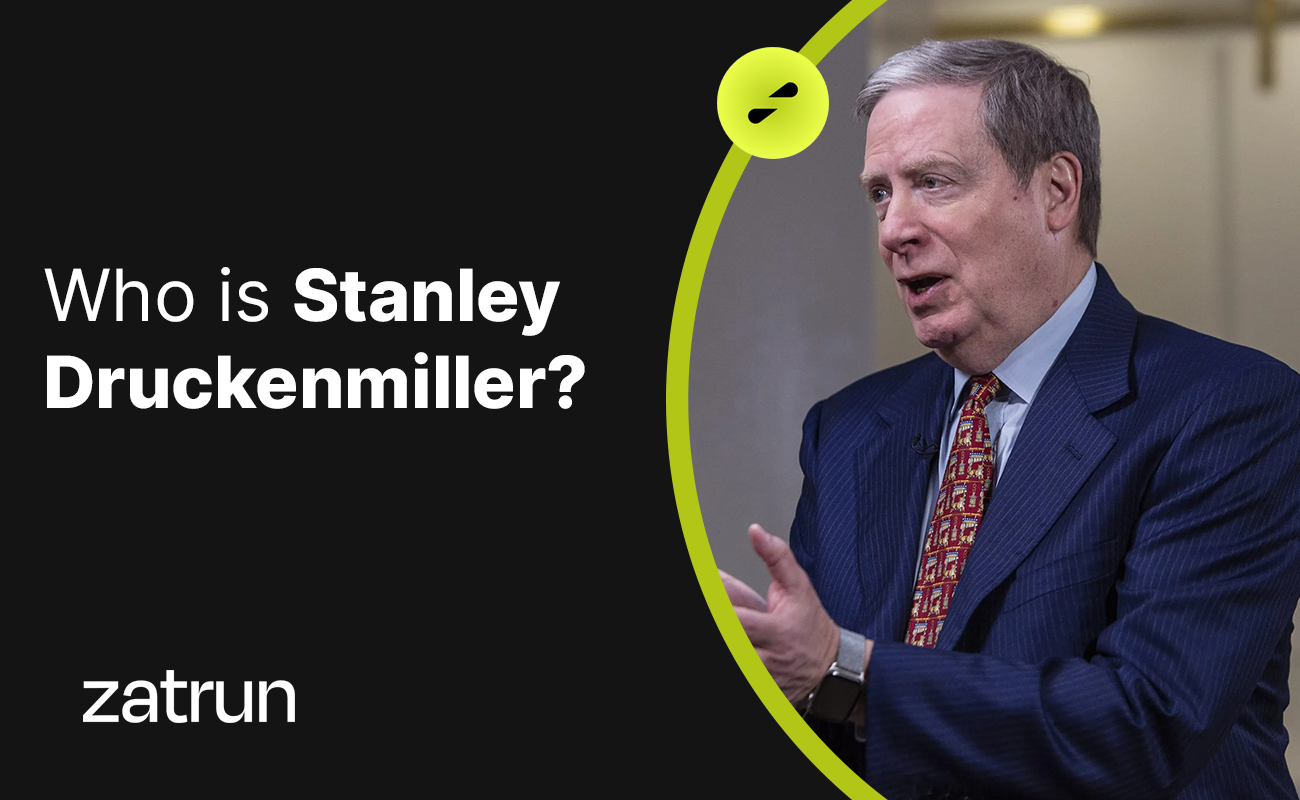Vinod Khosla, a prominent figure in the world of business and venture capital, has played a pivotal role in shaping the technology and clean energy landscape. As the co-founder of Sun Microsystems and the founder of Khosla Ventures, his journey is nothing short of extraordinary. In this comprehensive exploration by Zatrun.com, we delve into the life, achievements, and profound influence of Vinod Khosla, an entrepreneur and philanthropist who has left an indelible mark on the tech industry and society at large.
Early Life and Entrepreneurial Inspiration
Vinod Khosla’s story begins on January 28, 1955, in Pune, India. His father, an officer in the Indian Army, had aspirations for Vinod to follow in his footsteps. However, young Vinod had different plans. He attended Mount St. Mary’s School during his formative years, and it was here that his fascination with entrepreneurship took root.
Khosla’s entrepreneurial spirit was ignited when he stumbled upon an article about the founding of Intel in Electronic Engineering Times during his teenage years. The story of Intel’s inception inspired him to explore a career in technology. He was particularly influenced by Intel co-founder Andrew Grove, an immigrant who secured funding for Intel when it was just a startup in Silicon Valley.
Vinod Khosla: Education and Early Ventures
Vinod Khosla’s pursuit of knowledge led him to the esteemed halls of IIT Delhi, where he earned a bachelor’s degree in electrical engineering between 1971 and 1976. During his time at IIT, Khosla established the first computer club focused on computer programming, showcasing his passion for technology and innovation.
In 1975, Khosla embarked on a unique entrepreneurial endeavor, attempting to establish a soy milk company to provide an alternative to refrigerated cow milk for Indian consumers. His vision for a practical solution demonstrated his forward-thinking approach, even at a young age.
Khosla’s educational journey continued with a master’s degree in biomedical engineering from Carnegie Mellon University, which he pursued on a full scholarship. He aspired to join Stanford University for an MBA but faced rejection due to a lack of work experience. Undeterred, Khosla worked two full-time jobs while completing his master’s, and his perseverance paid off as he successfully secured a spot at Stanford Graduate School of Business, earning an MBA in 1980.
A Journey of Entrepreneurship
Vinod Khosla’s career path took a significant turn when he developed a business plan for an electronic design automation company aimed at electrical engineers. His association with Intel introduced him to the world of entrepreneurship, and he became the first full-time founder and Chief Financial Officer of Daisy Systems.
In 1982, Khosla co-founded Sun Microsystems, a company that would go on to revolutionize the technology industry. Sun Microsystems achieved monumental success by selling servers to universities, colleges, and introducing the groundbreaking Java programming language. During his time at Sun, Khosla played a pivotal role in building the company’s foundation and recruiting key executives.
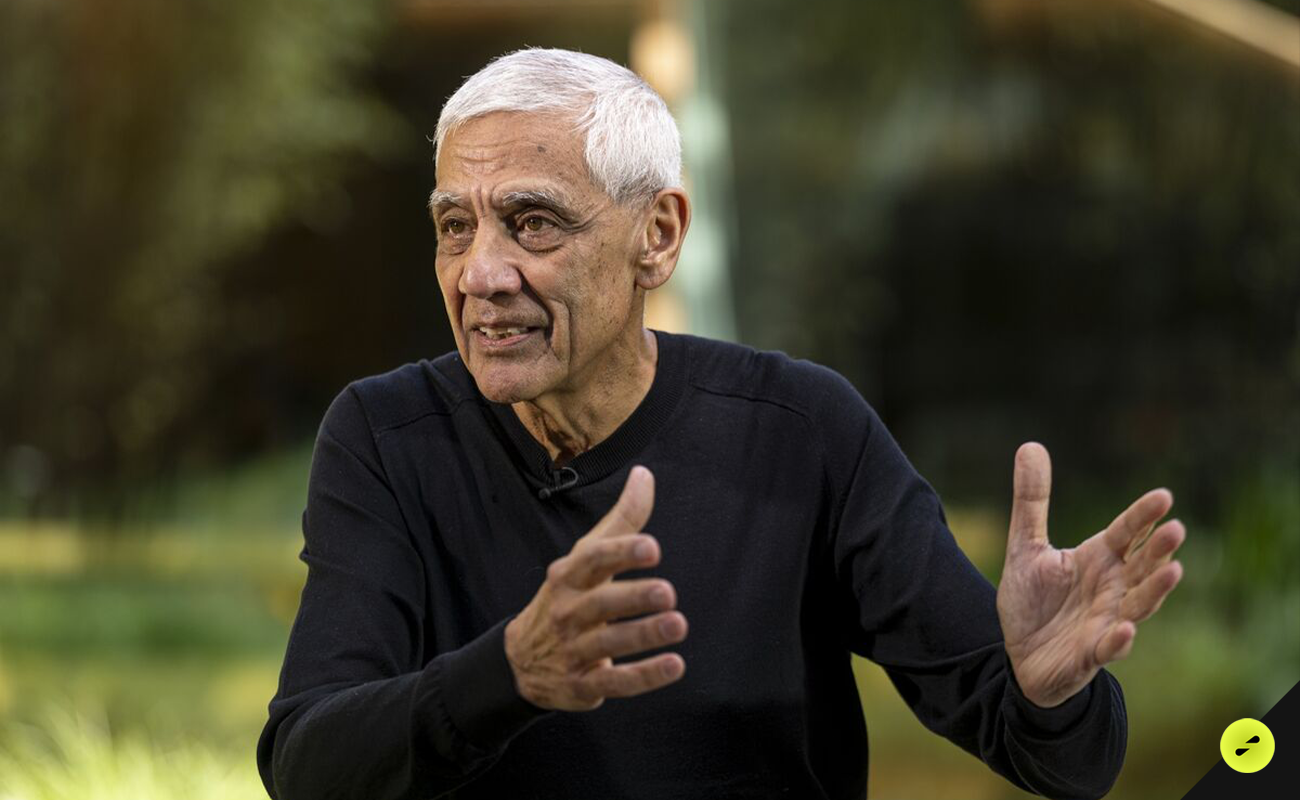
Khosla’s Transition to Venture Capital
In 1986, Vinod Khosla embraced a new chapter in his career as he joined the venture capital firm Kleiner Perkins as a general partner. His journey in venture capital was marked by a series of groundbreaking investments and initiatives.
One of his significant ventures was the creation of Nexgen, which was later acquired by AMD for 28 percent of its market capitalization. Khosla’s support for Go Corporation, a pioneer in stylus-operated computing, demonstrated his willingness to take calculated risks. His mentorship of Excite, adapting its search engine for the internet, eventually led to the company’s acquisition by @Home Network for $7 billion.
Khosla’s contributions extended to the world of telecommunications and networking companies, where he saw the potential for technological breakthroughs. In 2004, Vinod Khosla founded Khosla Ventures, his own venture capital firm.
This move allowed him to invest in experimental technologies with a profound social impact. His dedication to exploring innovative solutions for a better future is a defining feature of Khosla Ventures. The firm, headquartered in Menlo Park, California, was backed by Khosla’s substantial financial resources, which he had accrued through co-founding Sun Microsystems and his tenure at Kleiner Perkins.
Khosla Ventures: A Champion of Clean Energy and Innovation
Khosla Ventures quickly gained recognition for its significant investments in alternative energy technologies, including solar, biofuels, and batteries. Vinod Khosla’s vision emphasized the importance of developing clean and sustainable energy sources, ultimately prioritizing breakthroughs over energy conservation.
The firm’s success stories include the incubation of carbon recycling and aviation fuel company LanzaTech and QuantumScape, a pioneer in solid-state batteries. Khosla firmly believes in the potential of “black swan” technologies that, if successful, could have a profound positive impact on the environment and society.
Beyond technology, Khosla Ventures ventured into food and fintech, making early investments in companies like Instacart and DoorDash. Vinod Khosla’s forward-thinking approach extended to medicine and artificial intelligence, with investments in companies that harnessed AI for medical advancements.
Philanthropy and Social Impact
Vinod Khosla’s commitment to philanthropy is evidenced by his involvement in numerous charitable organizations and initiatives. His belief in using capitalism as a force for social impact is underlined by his support for large-scale, economically viable solutions to global challenges.
Khosla’s political contributions and endorsements align with his focus on climate policies. His donations and affiliations with organizations supporting left-leaning politics demonstrate his commitment to addressing environmental issues.
In the realm of education, Khosla’s wife, Neeru Khosla, co-founded the CK-12 Foundation, dedicated to developing open-source textbooks and reducing the cost of education worldwide. The Khoslas have also been supporters of the Wikimedia Foundation, contributing to its mission of knowledge dissemination.
Khosla’s participation in organizations promoting microfinancing for small businesses in developing countries highlights his dedication to entrepreneurship and economic empowerment.
Legacy and Ongoing Impact
With approximately $15 billion in capital under management, Khosla Ventures continues to make a significant impact on the technology and clean energy sectors. Vinod Khosla’s commitment to addressing climate change and societal challenges remains unwavering.
In 2021, Khosla’s offer to fund oxygen imports for hospitals in India during the COVID-19 pandemic exemplifies his dedication to humanitarian causes and global well-being.
Vinod Khosla’s life and career are a testament to the power of entrepreneurship, innovation, and philanthropy in shaping a better future. His pioneering spirit and commitment to making a positive impact on society continue to inspire and drive change in the tech industry and beyond. As Zatrun.com has explored, Khosla’s legacy is a beacon of hope for those who believe in the potential of technology and capital to drive meaningful societal transformations.


